NCCN Report Advises on Use of Pembrolizumab in Triple-Negative Breast Cancer
A new report in the Journal of the National Comprehensive Cancer Network details a series of recommendations on the use of immunotherapy in combination with chemotherapy in the treatment of early stage triple-negative breast cancer, with an emphasis on the use of pembrolizumab.
“The new approval of the PD-1 inhibitor pembrolizumab in combination with chemotherapy in high-risk, early-stage triple-negative breast cancer has brought into question several practical considerations. This brief report deciphers the available data to provide clinicians guidance to optimize systemic recommendations for patients with early-stage triple-negative breast cancer,” Cesar A. Santa-Maria, MD, MSCI, of the Johns Hopkins Sidney Kimmel Comprehensive Cancer Center, Baltimore, and colleagues wrote.
The authors began by noting the importance of several studies, including iSPY2, GeparNUEVO, KEYNOTE-5173, and KEYNOTE-522.
PD-L1 status “was not helpful” in deciding who would benefit from the KEYNOTE-522 regimen. Clinicians must carefully consider which patients would benefit, because of a “very high” treatment-related adverse event rate of 77.1%.
Patients with stage III disease derived a greater benefit in pathologic complete response from this therapy than those with stage II disease, an important consideration since patients who had a pathologic complete response had better EFS.
The experts determined that standard dose-dense doxorubicin and cyclophosphamide/paclitaxel may be considered in older patients and/or those with a performance status > 0, especially those with node-negative disease.
They found insufficient evidence to support excluding carboplatin from the KEYNOTE-522 regimen.
Although dose-dense anthracycline- and taxane-based regimens proved beneficial in some previous studies, a dose-dense method was not included in KEYNOTE-522.
“…It is unclear how dose density would significantly improve outcomes with all of these additional therapies...We favor an every-3-week approach, although the possibility that dose-dense [doxorubicin and cyclophosphamide] may still be considered as a potential benefit cannot be excluded,” they wrote.
KEYNOTE-522 was not powered to evaluate the use of adjuvant pembrolizumab following a pathologic complete response, and EFS among patients who achieved a complete response was almost the same in both the control and experimental arms. Furthermore, pembrolizumab does come with the potential for toxicities, they added.
In the GeparNUEVO study, however, adjuvant durvalumab did improve EFS.
Furthermore, residual disease is an area of “significant unmet need.”
Looking toward the future: Santa-Maria and colleagues called for “better tools to select patients” who will benefit from pembrolizumab, since PD-L1 status is not a useful biomarker.
Second, developing an understanding of residual disease and its treatment is necessary.
Finally, de-escalation approaches will be necessary in the future since this regimen is both effective and highly toxic.
--
Reference:
https://jnccn.org/view/journals/jnccn/20/7/article-p738.xml?utm_source=JNCCN%2DETOC%2DInThisIssue%2D7%2F14%2F2022&utm_medium=email&utm_term=59ac3e1c3a8b909f00a83052b5f5f49c
Disclosures: Some authors declared financial ties to drugmakers. See full study for details. The GeparNUEVO study was supported by AstraZeneca and Celgene.
Photo Credit: Getty Images.
By Andrew John, MD /alert Contributor
.jpg)



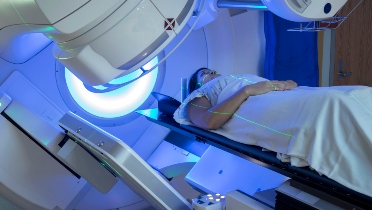
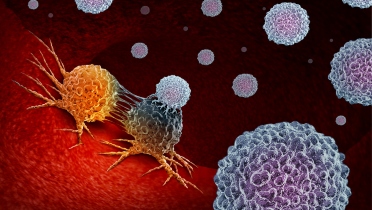

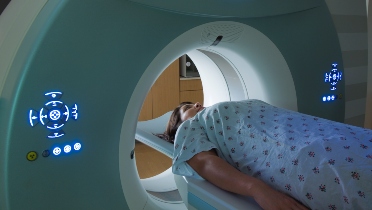

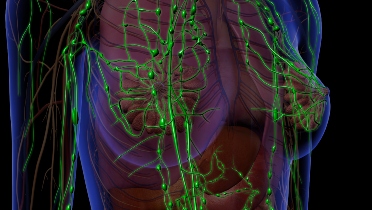

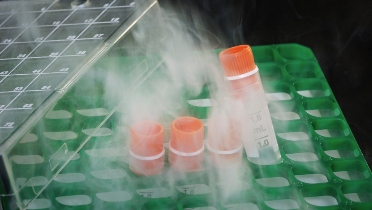




.jpg)

.jpg)
.jpg)
.jpg)

.jpg)
.jpg)
.jpg)
.jpg)
_.jpg)
.jpg)
.jpg)
.jpg)


.jpg)
.jpg)
.jpg)

.jpg)

.jpg)
.jpg)
.jpg)
.jpg)

.jpg)
.jpg)
.jpg)
.jpg)


.jpg)
.jpg)

.jpg)
.jpg)
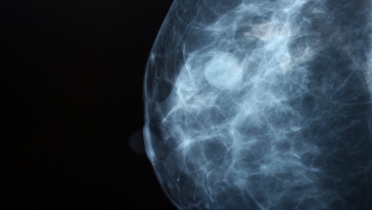
.jpg)
.jpg)
.jpg)
.jpg)
.jpg)
.jpg)
.jpg)

.jpg)
.jpg)
.jpg)
.jpg)
.jpg)

.jpg)

.jpg)
.jpg)
.jpg)
.jpg)
.jpg)
.jpg)
.jpg)

.jpg)
.jpg)
.jpg)
.jpg)

.jpg)

.jpg)
.jpg)

.jpg)
.jpg)
.jpg)
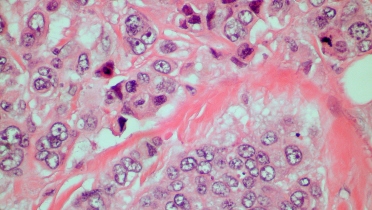
.jpg)
.jpg)

.jpg)
.jpg)



.jpg)
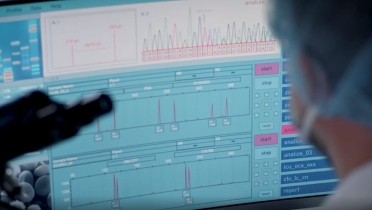
.jpg)

.jpg)

.jpg)
.jpg)

.jpg)
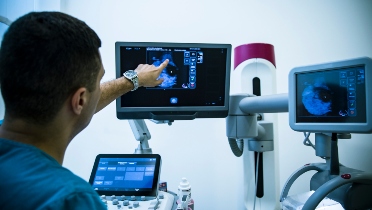
.jpg)
.jpg)
.jpg)
.jpg)

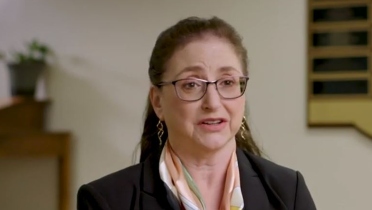
.jpg)

.jpg)
.jpg)
.jpg)

.jpg)
.jpg)
.jpg)
.jpg)
 Featured Breast Cancer Videos
Featured Breast Cancer Videos.jpg)